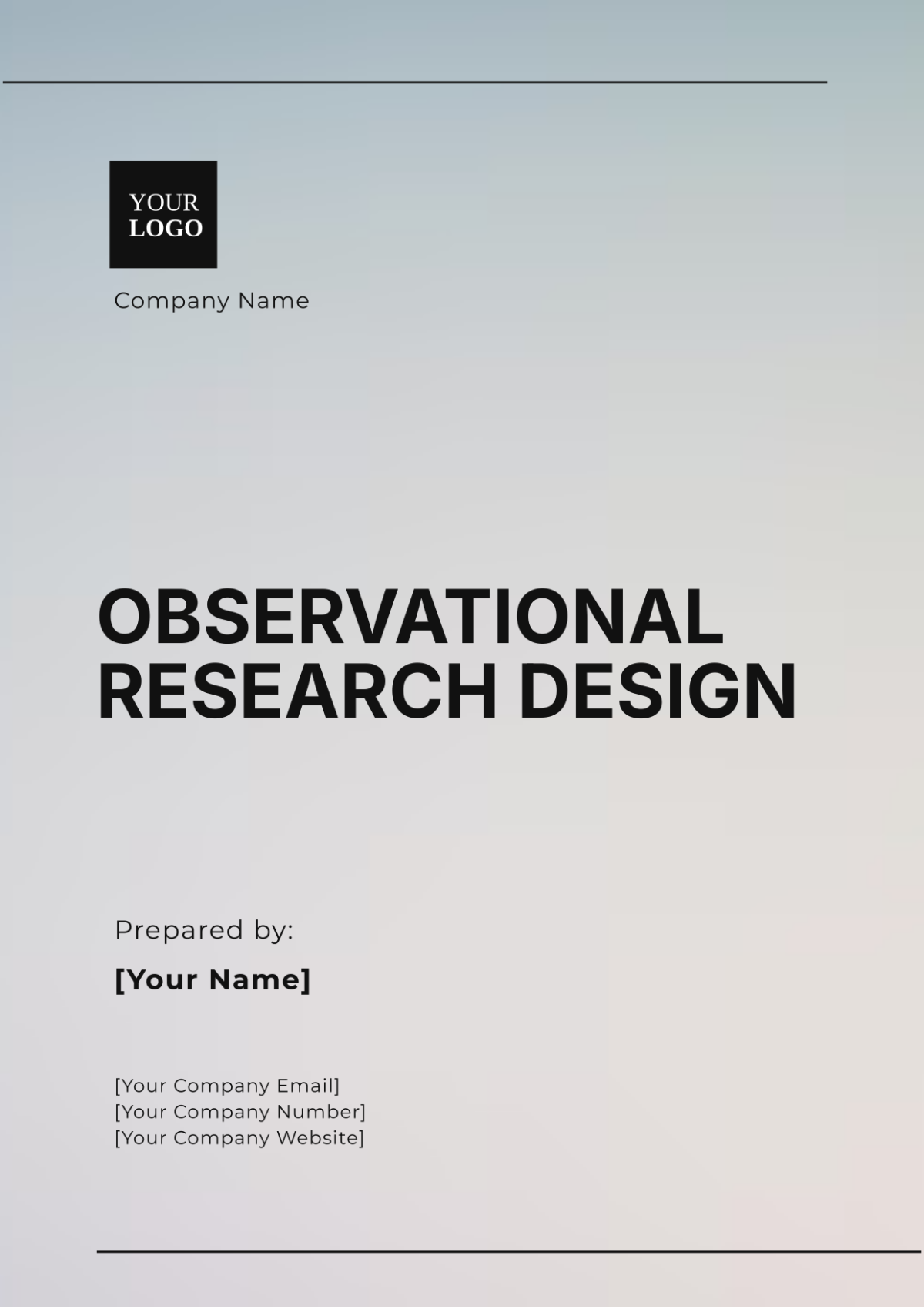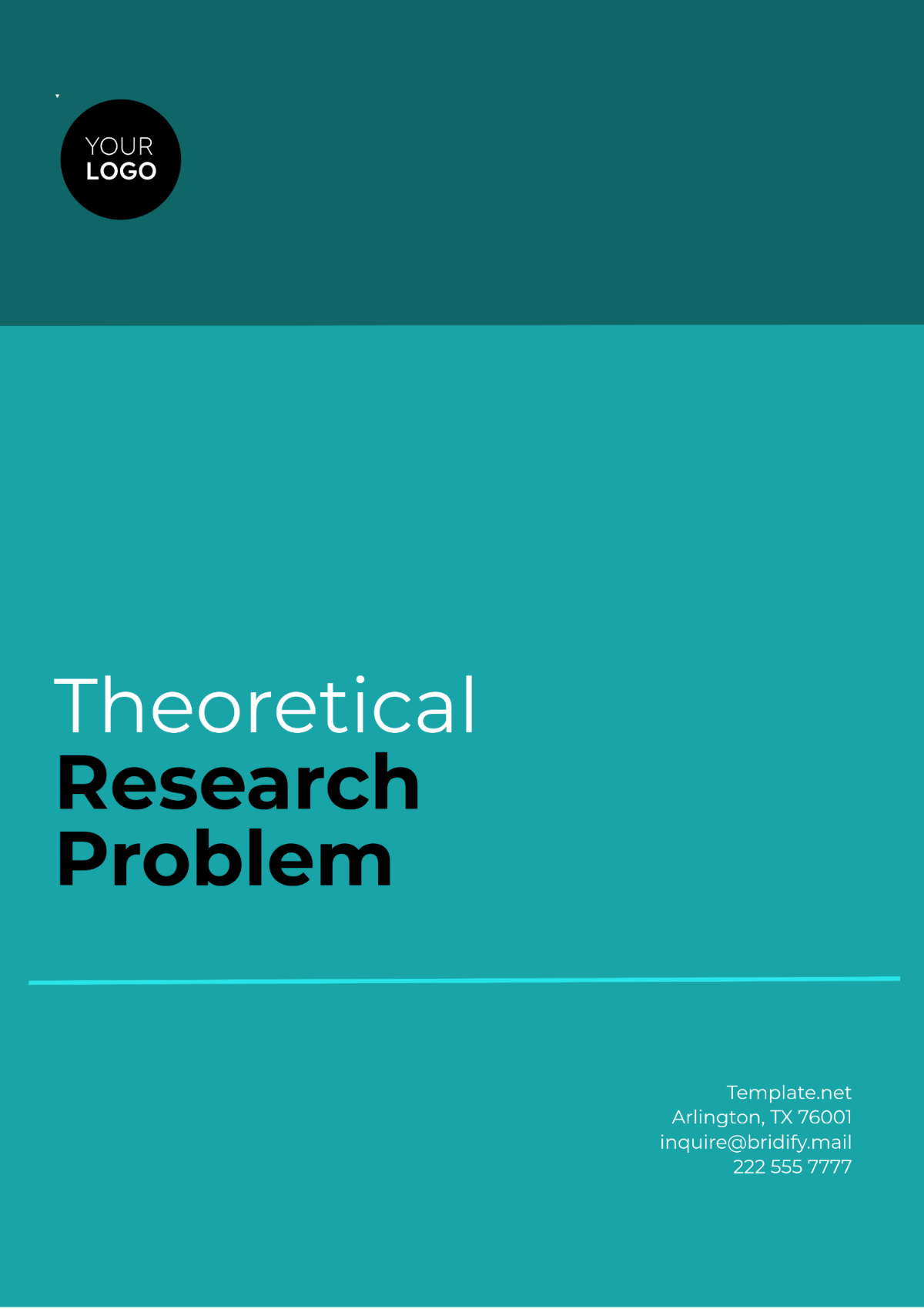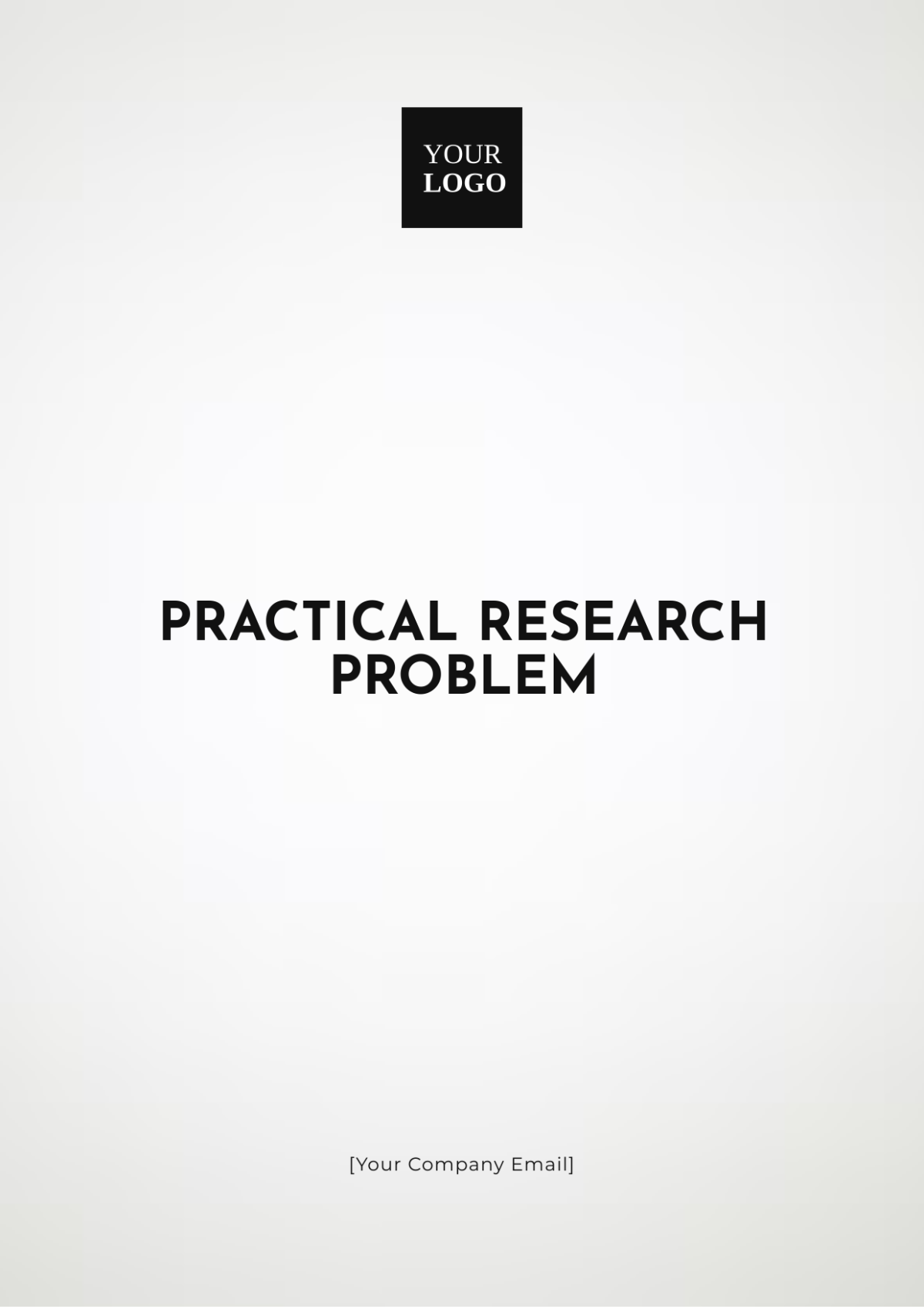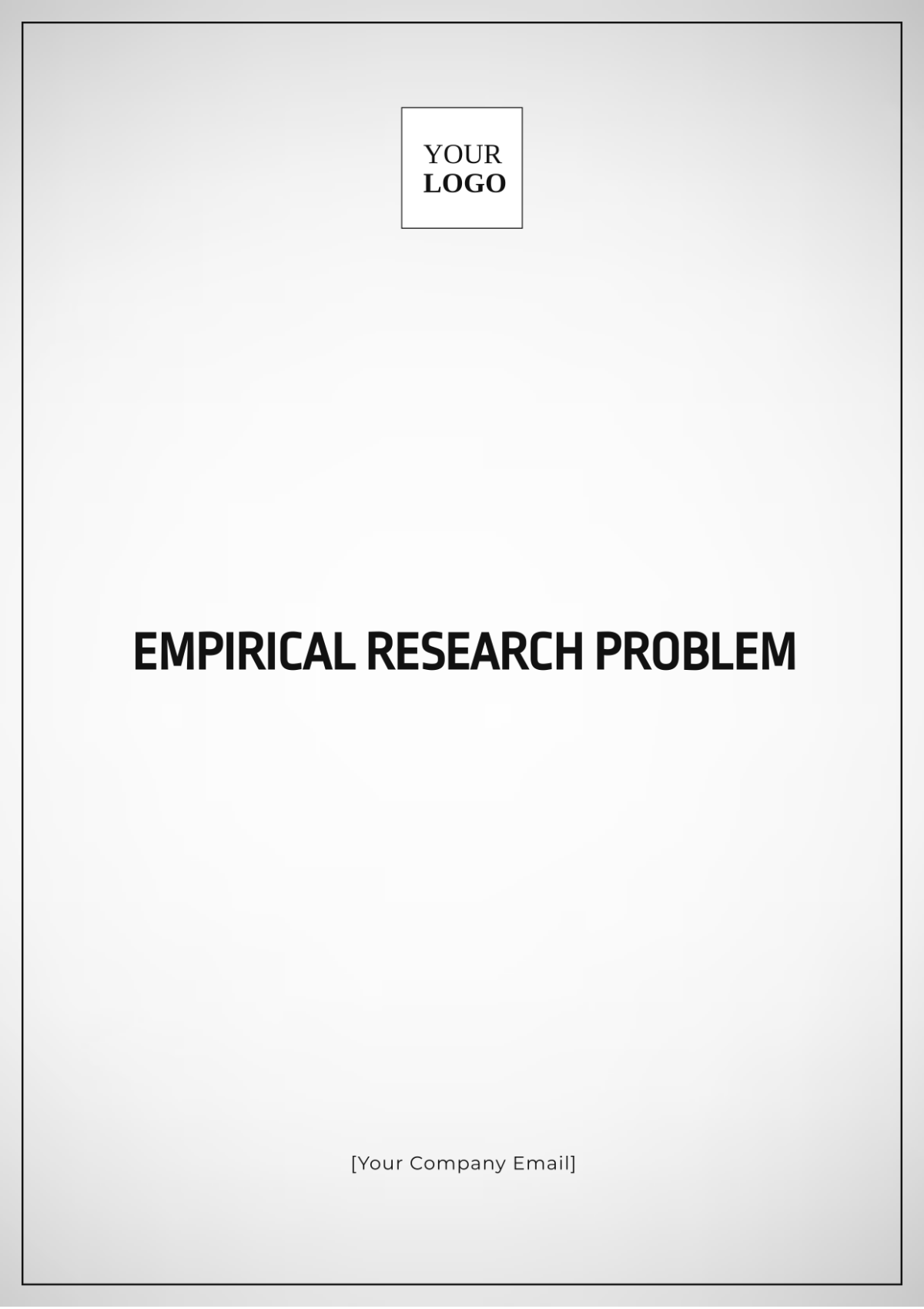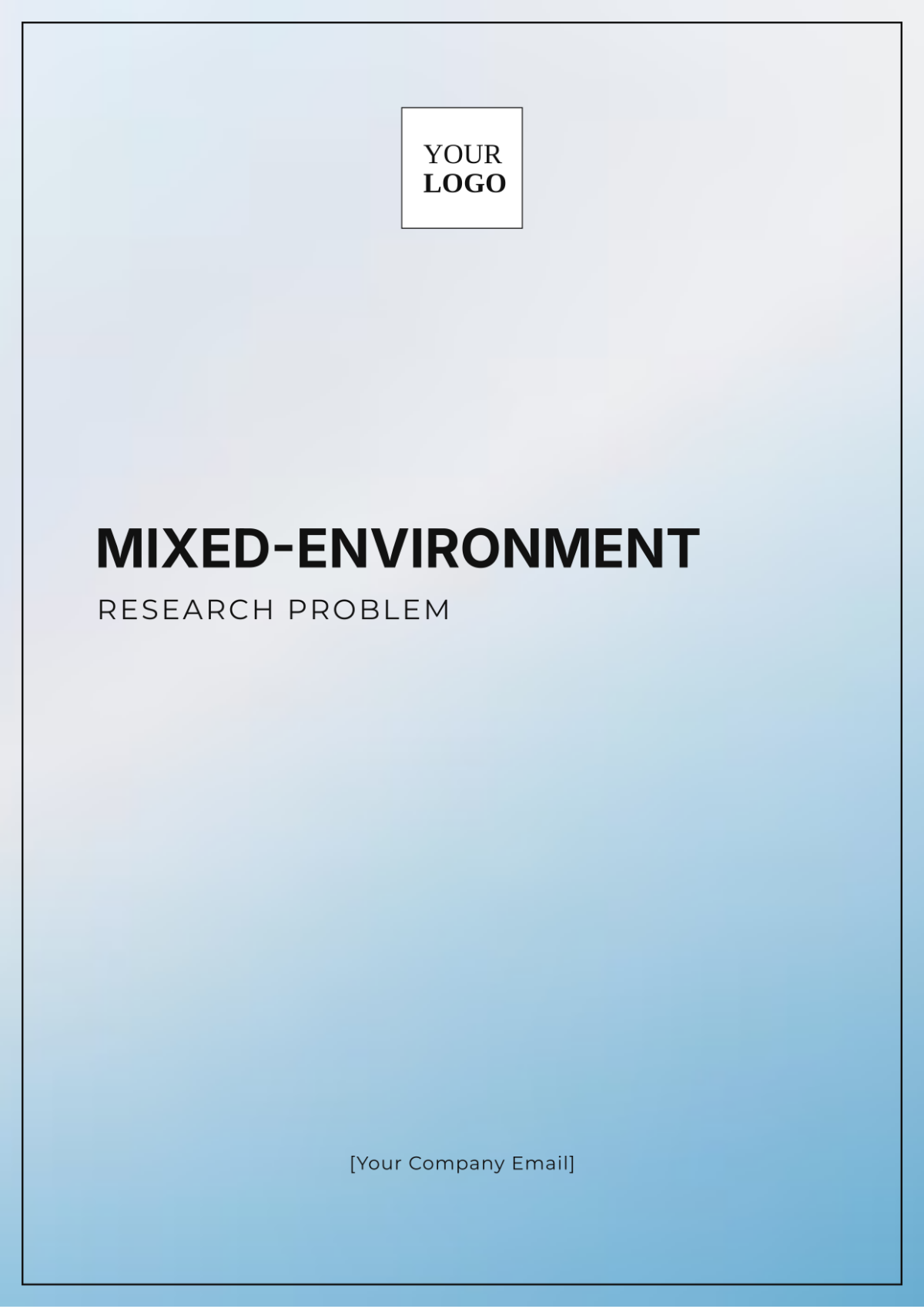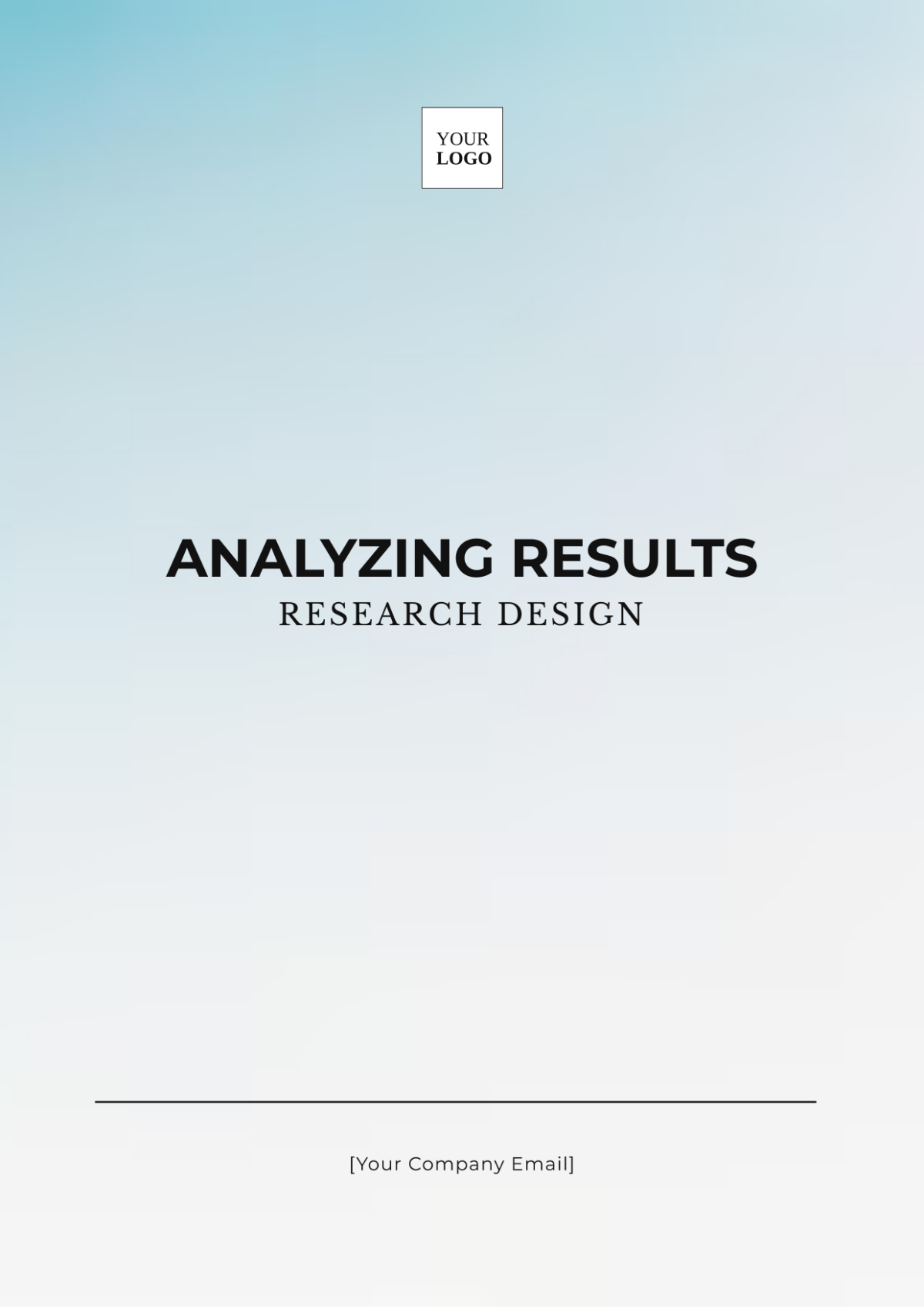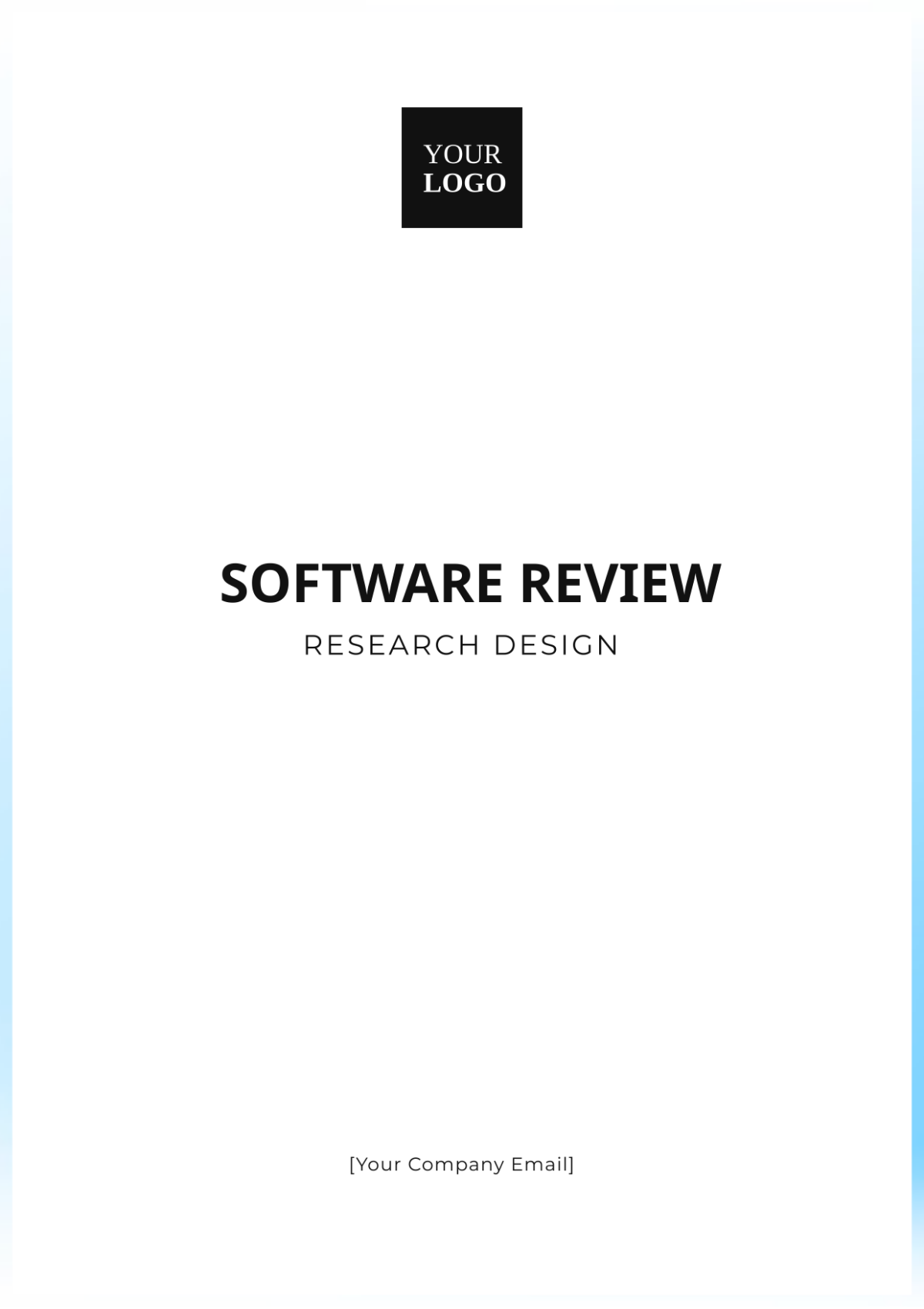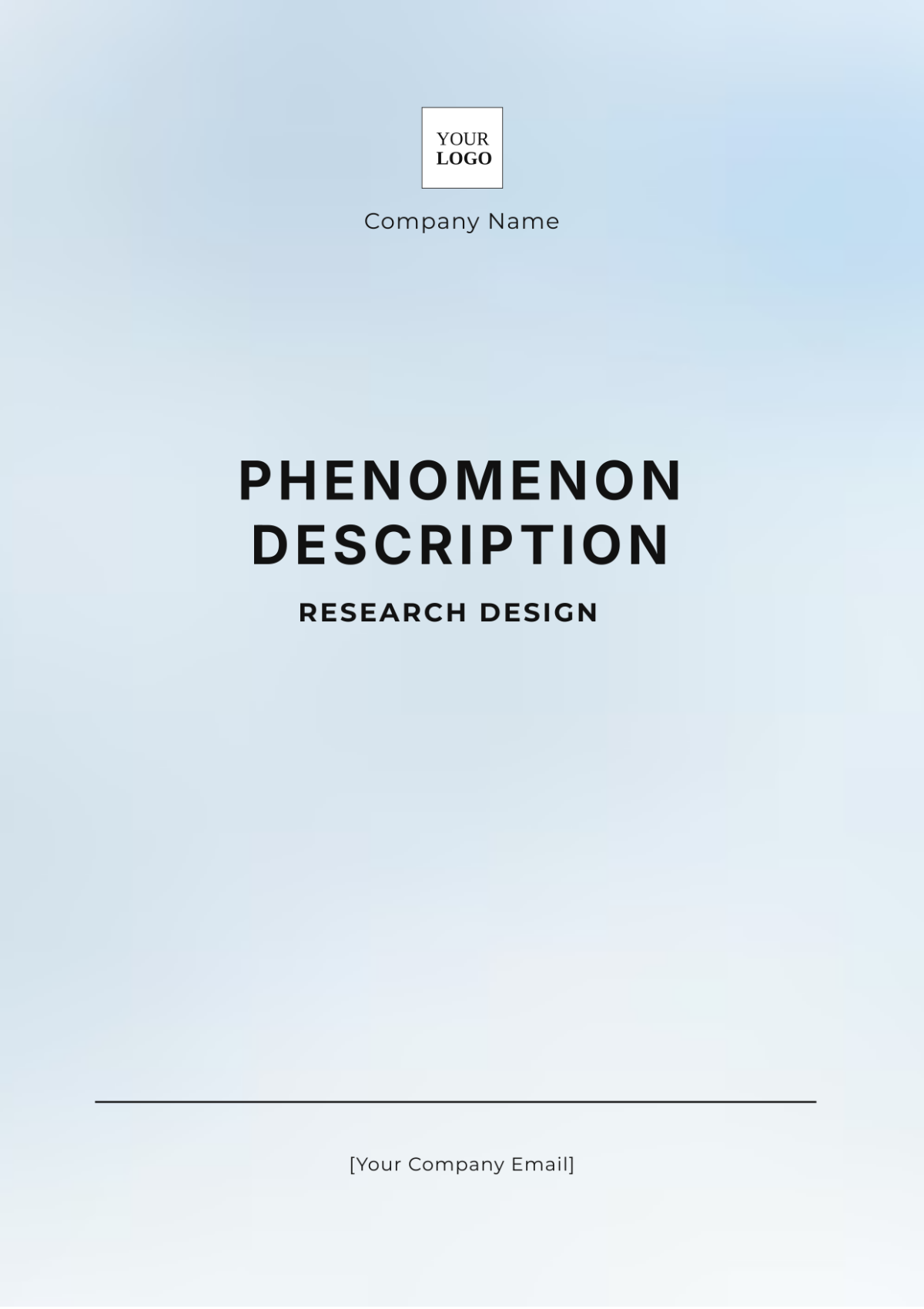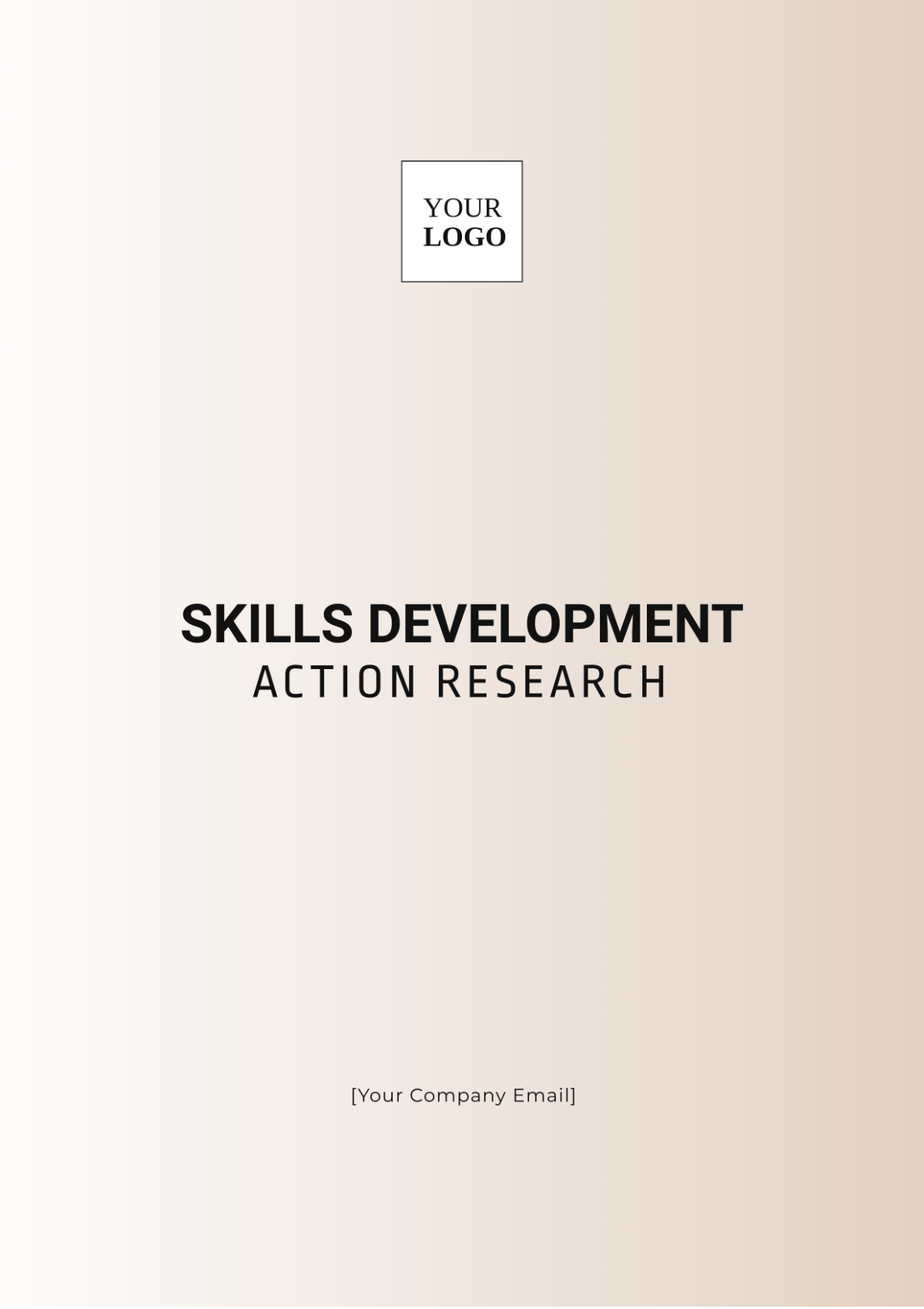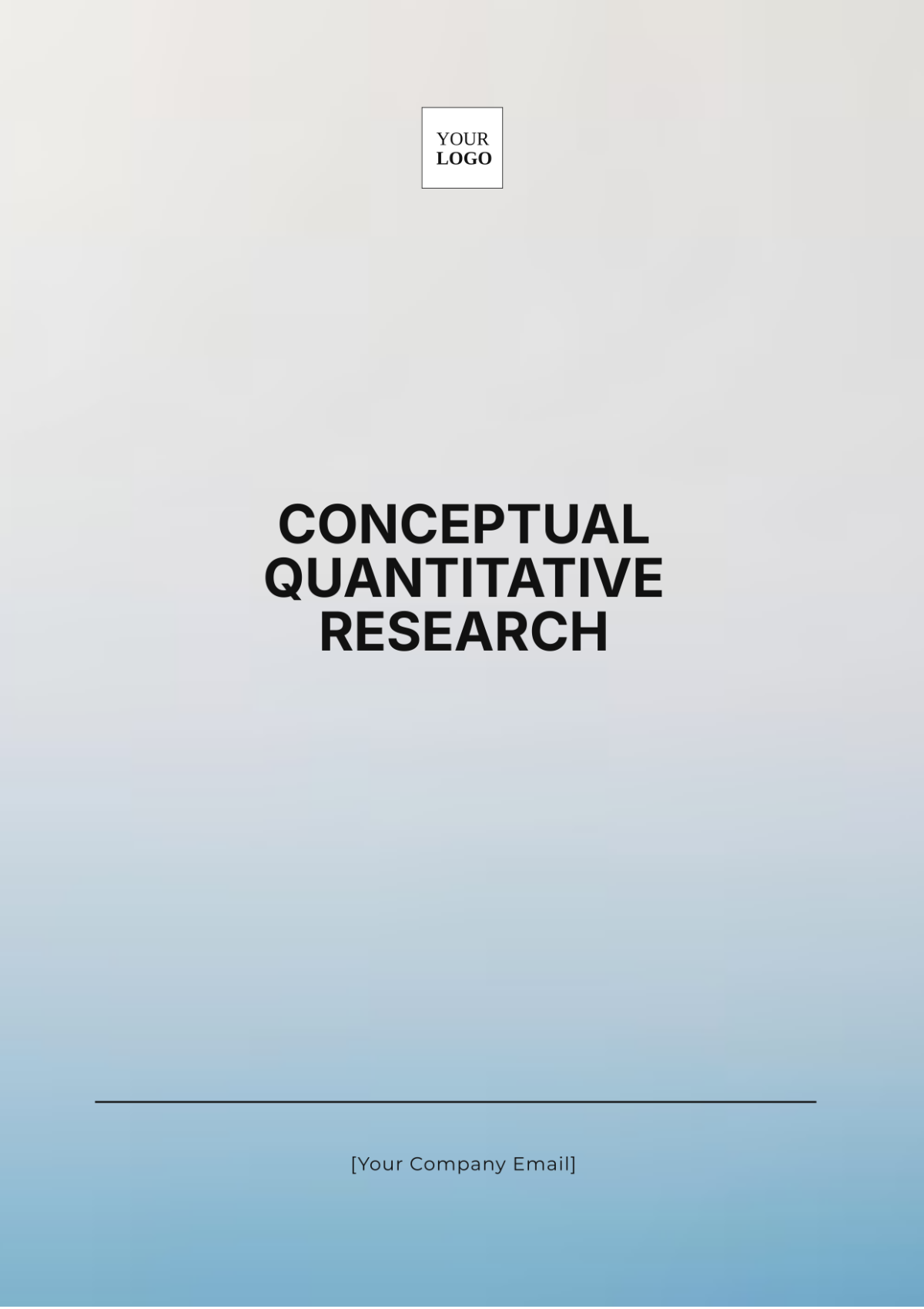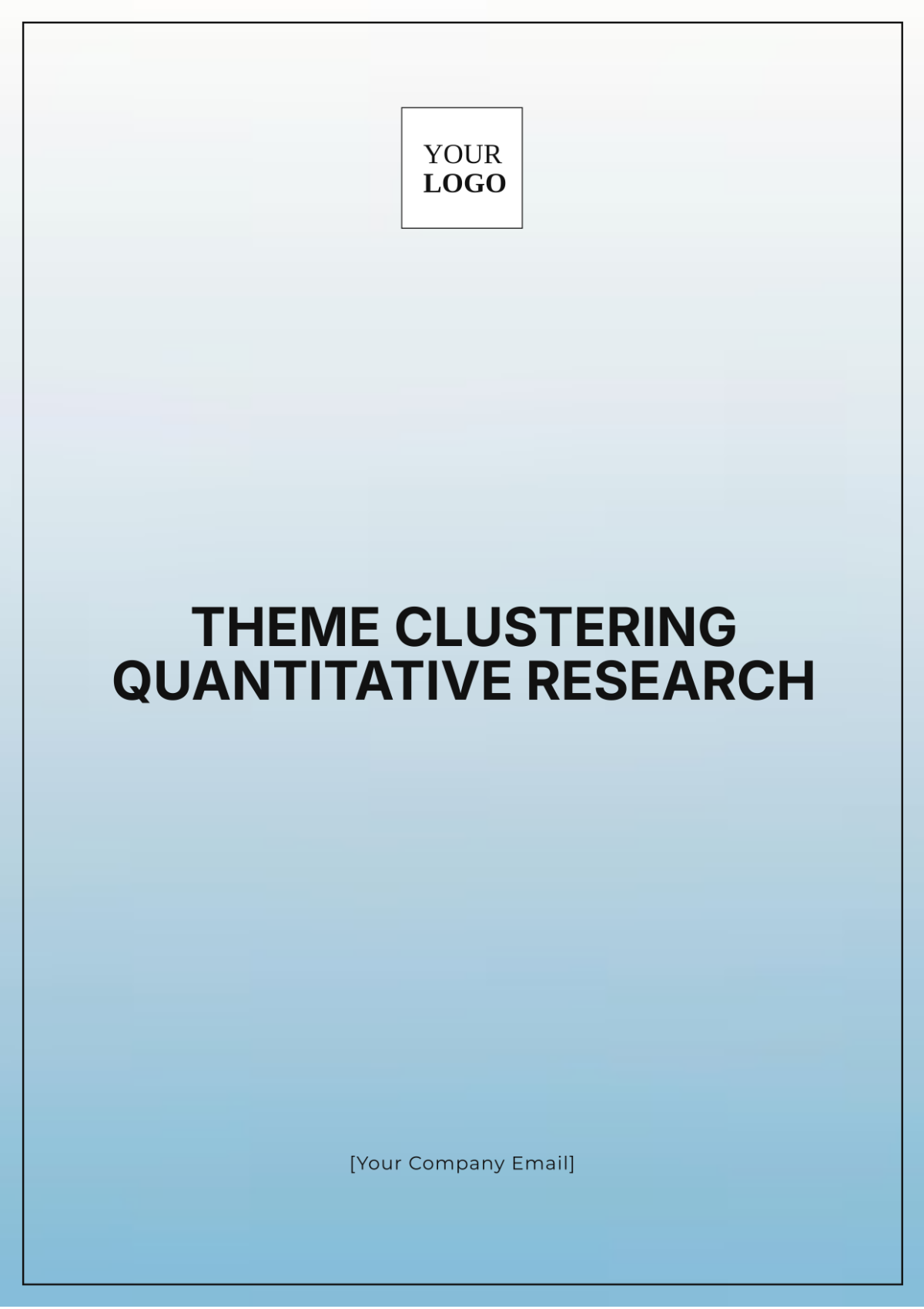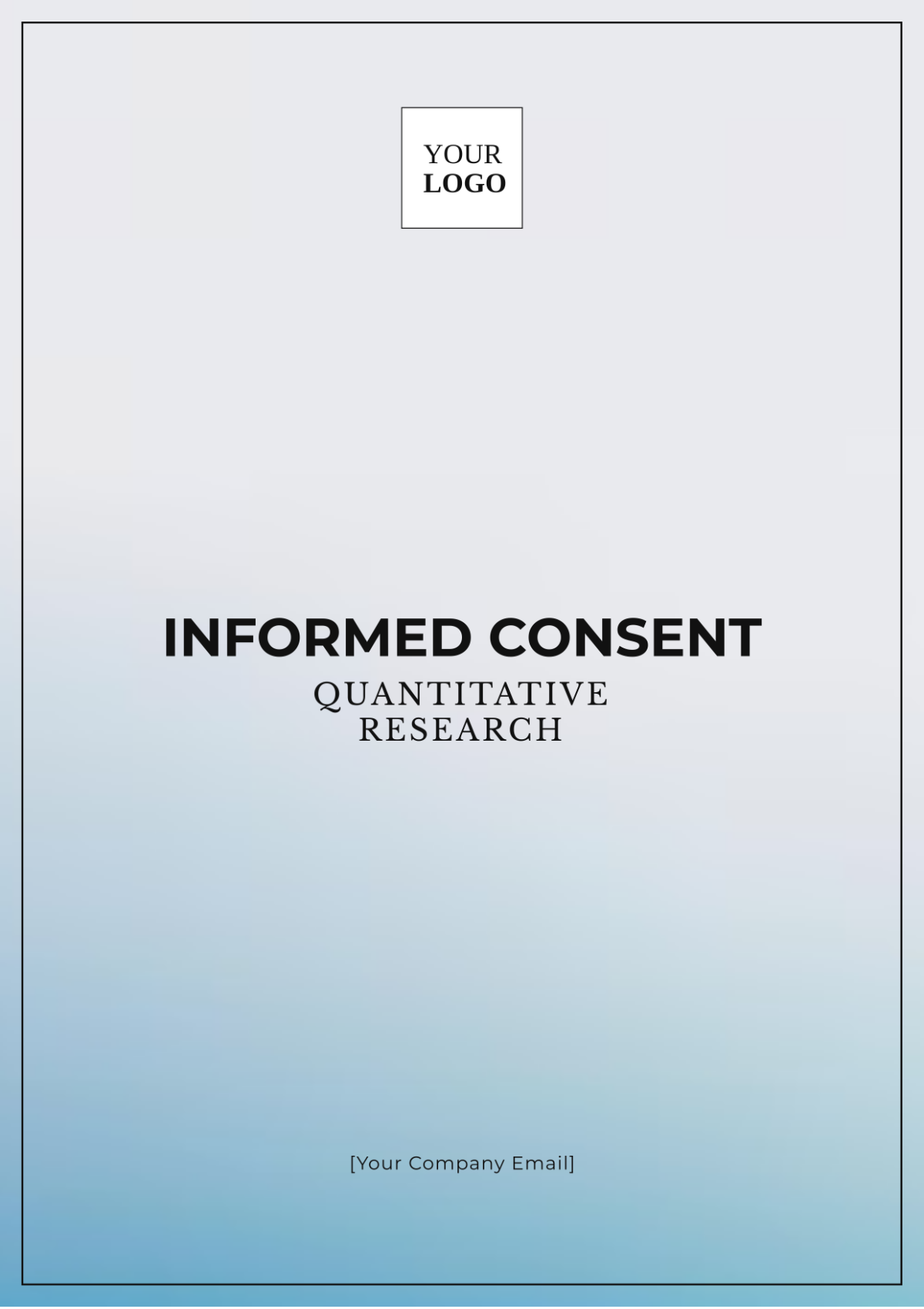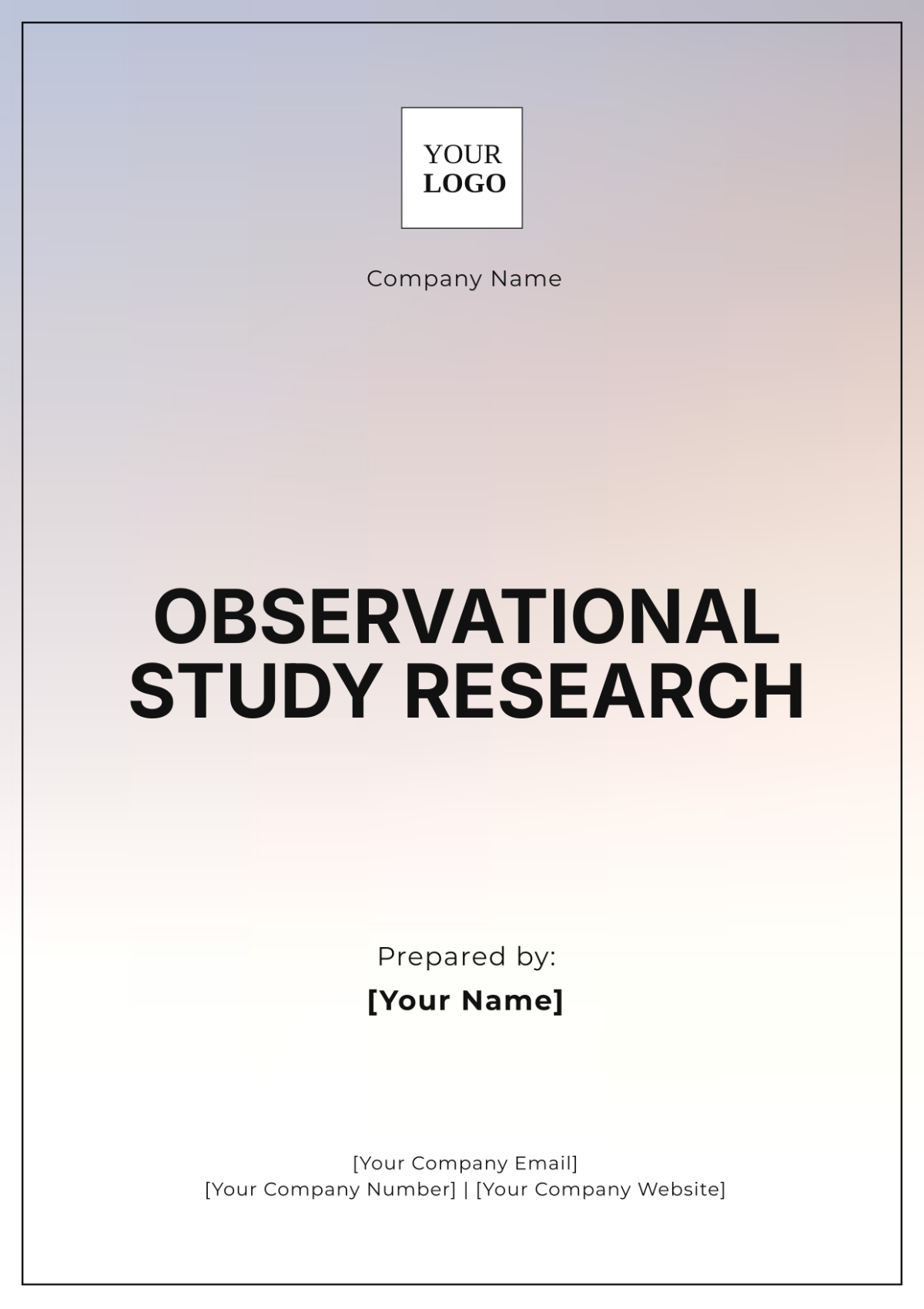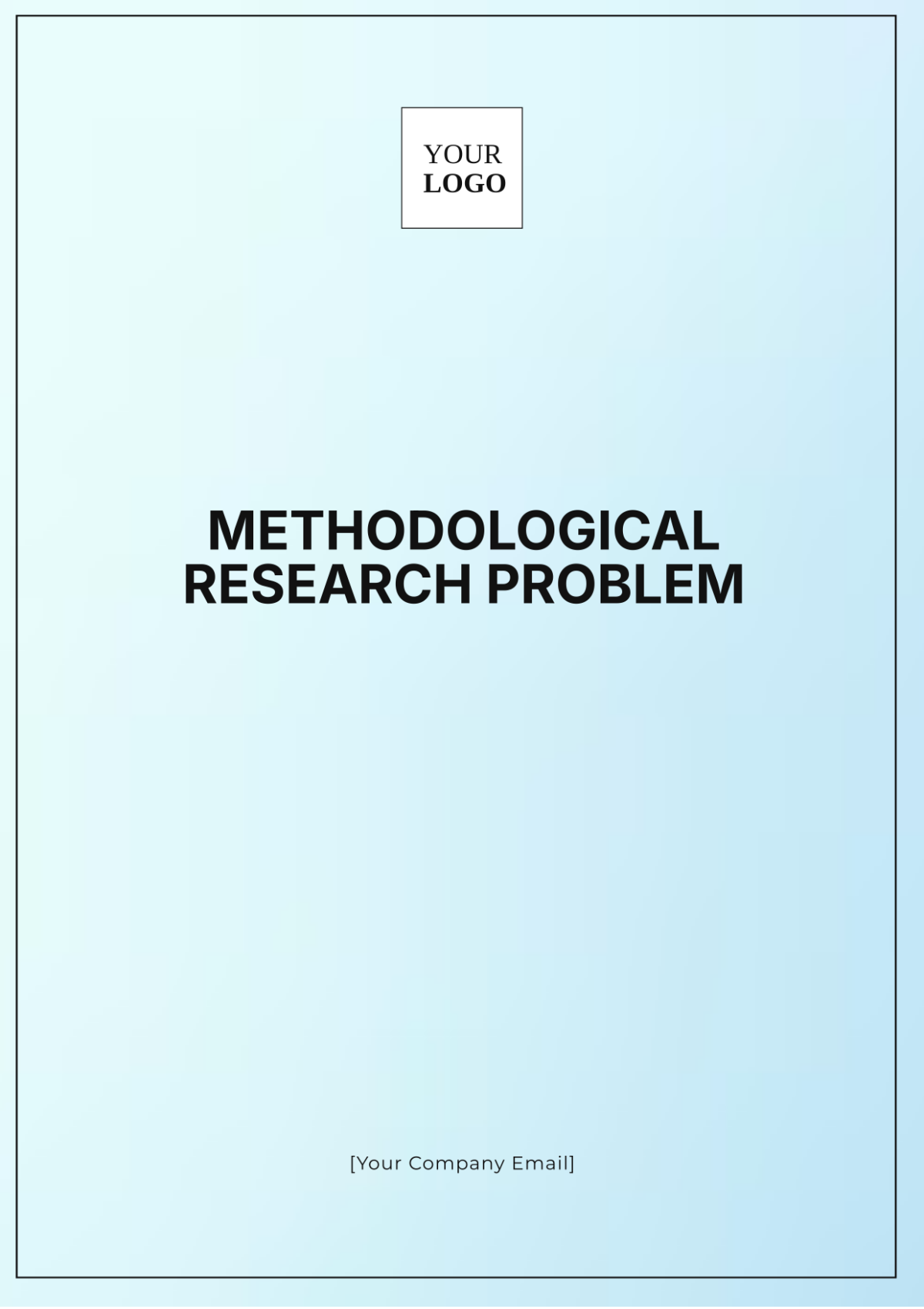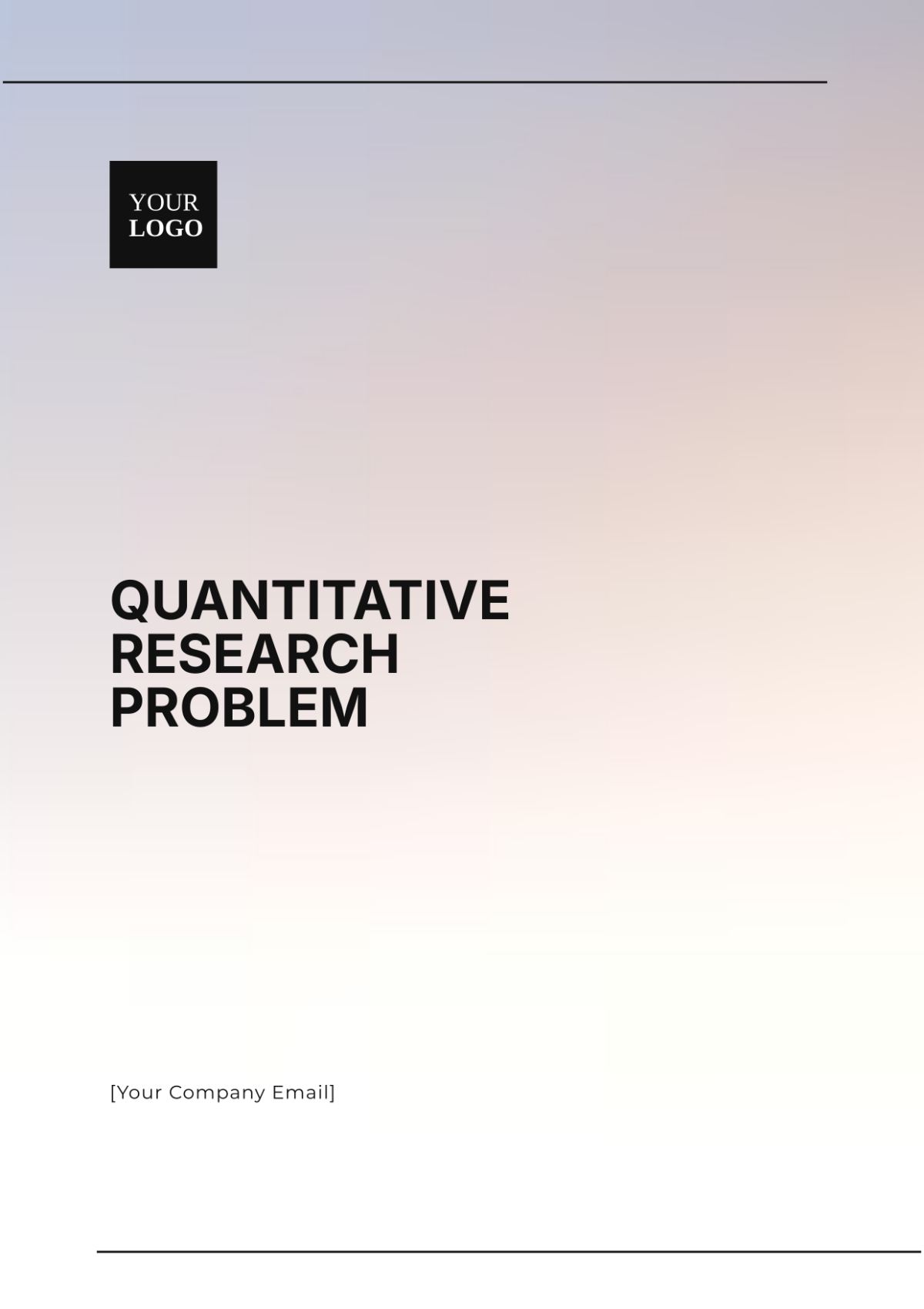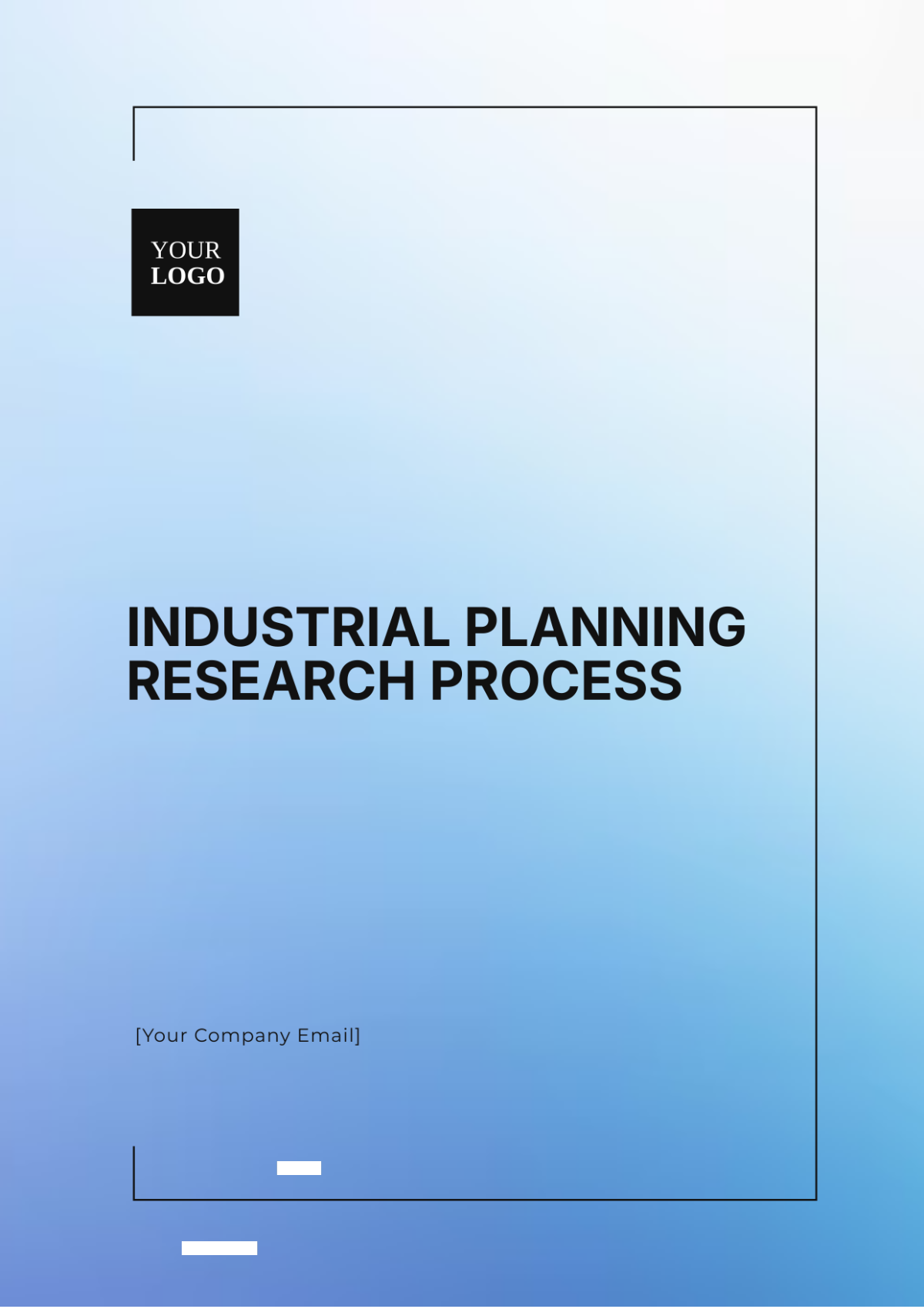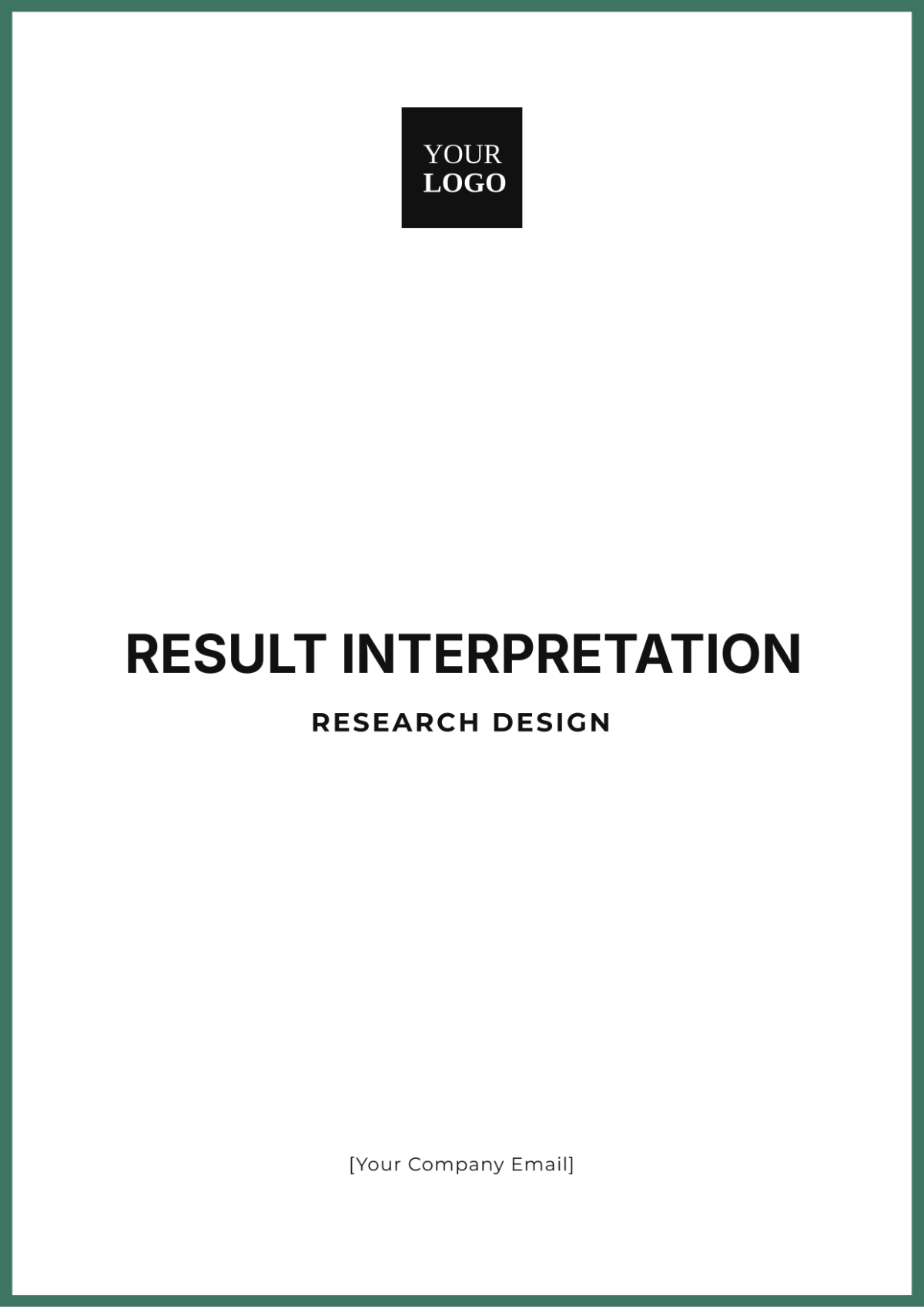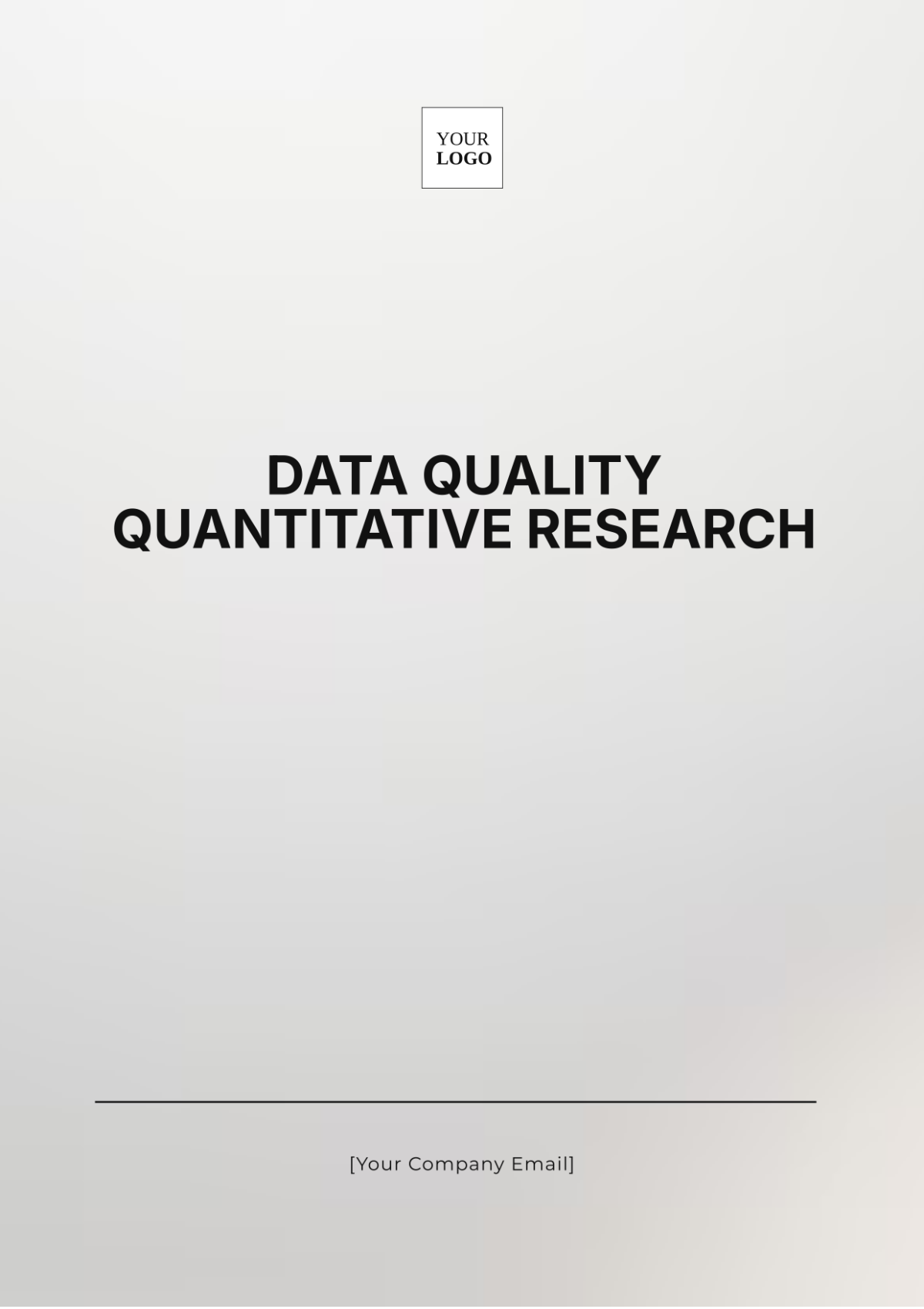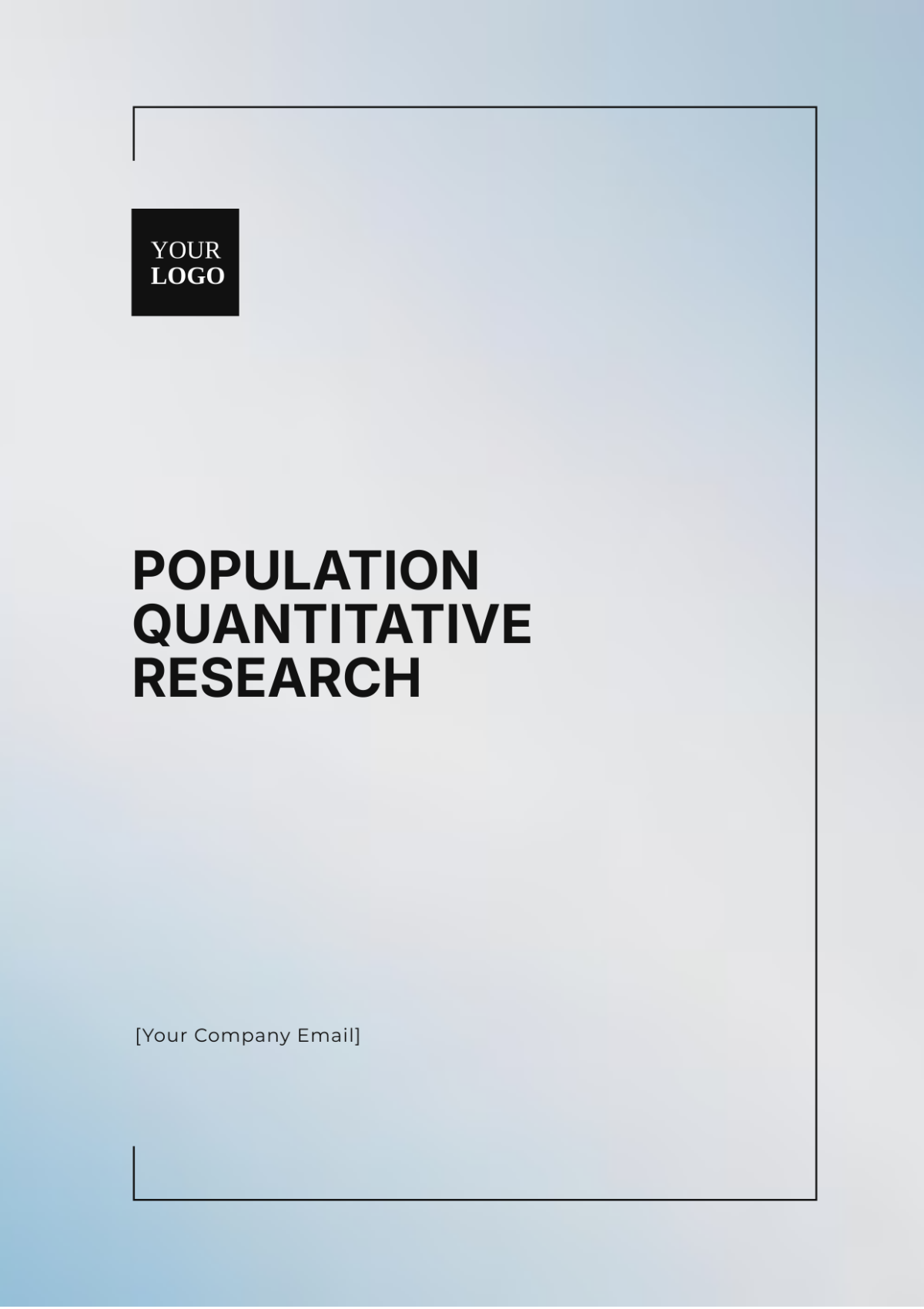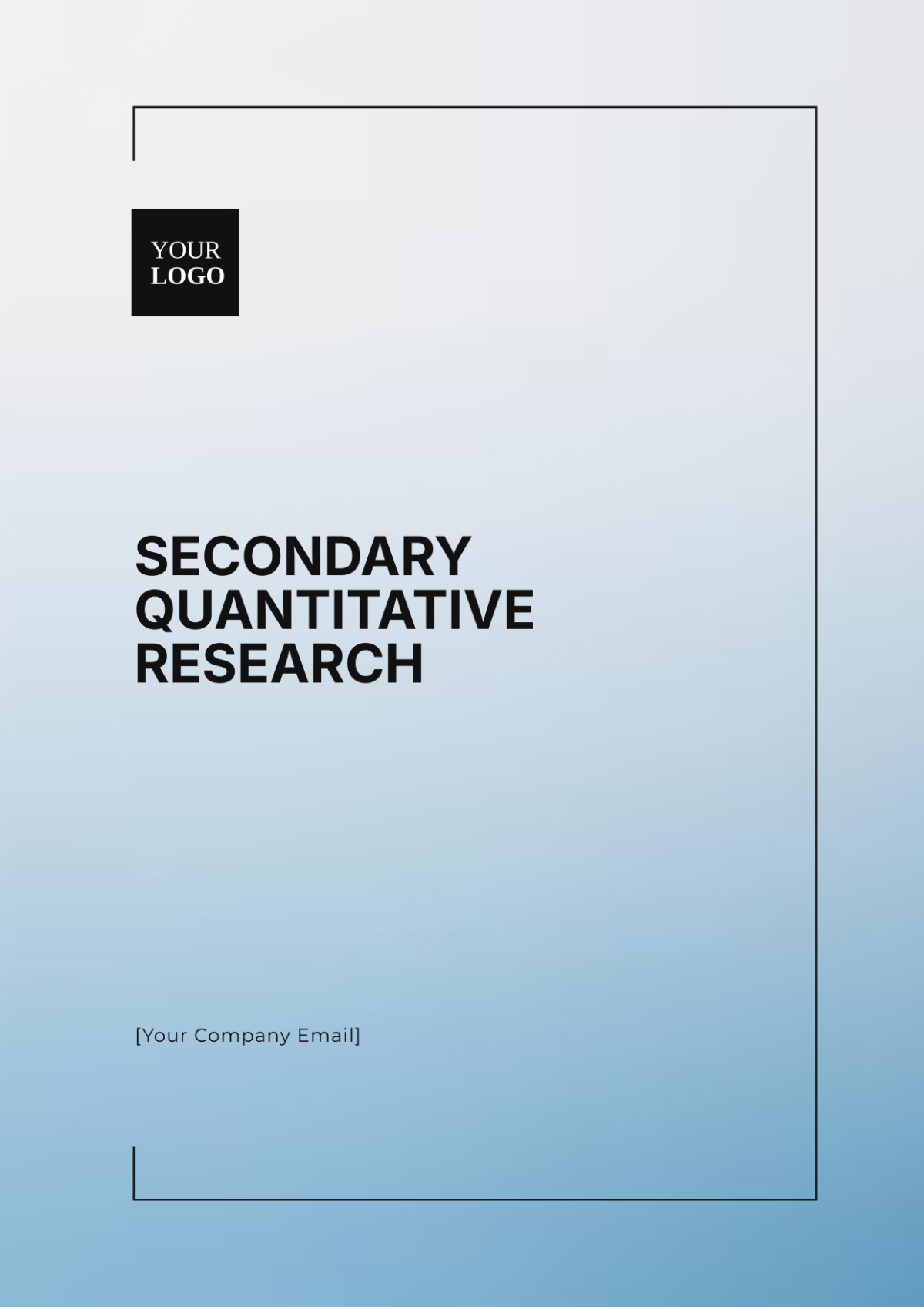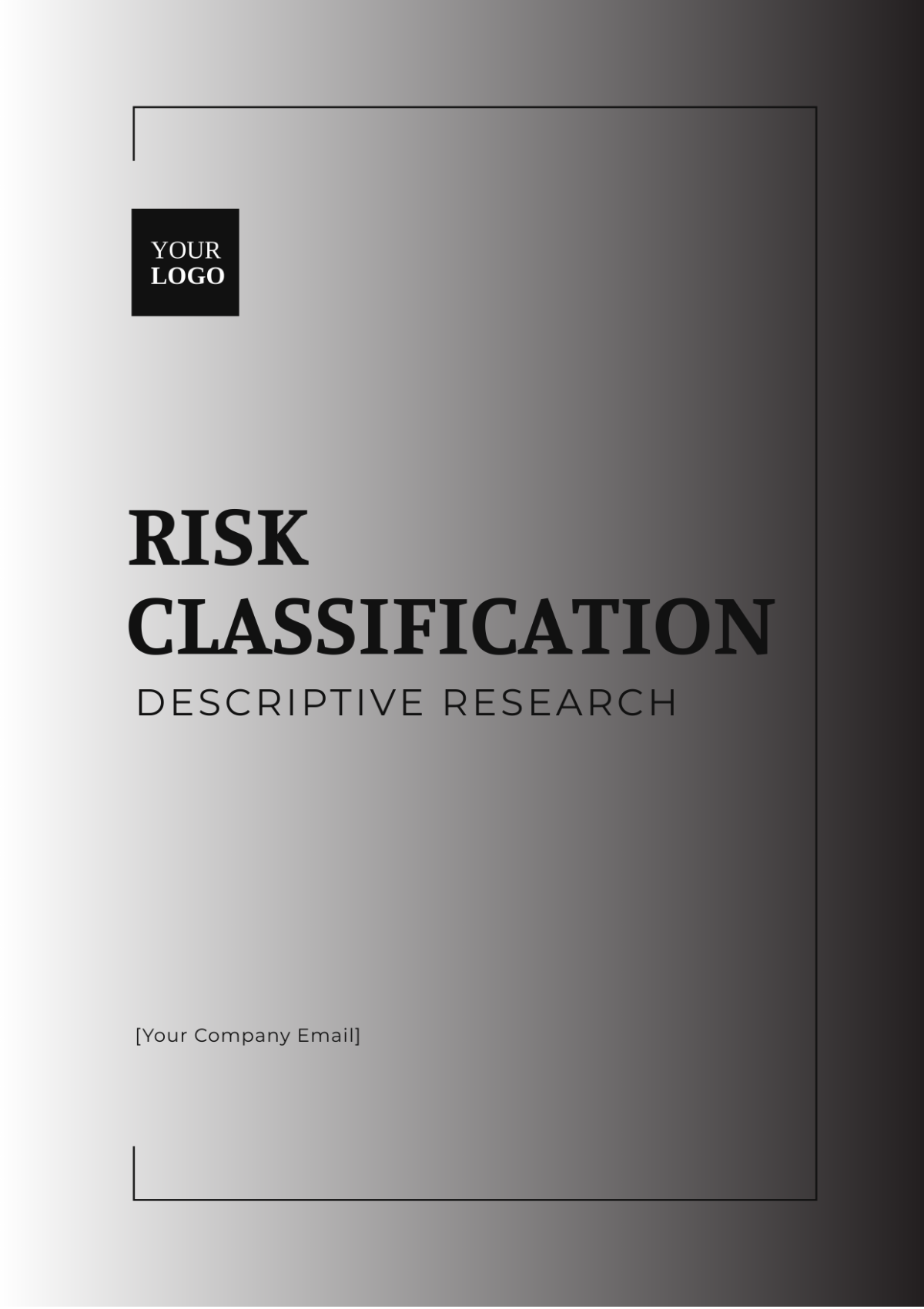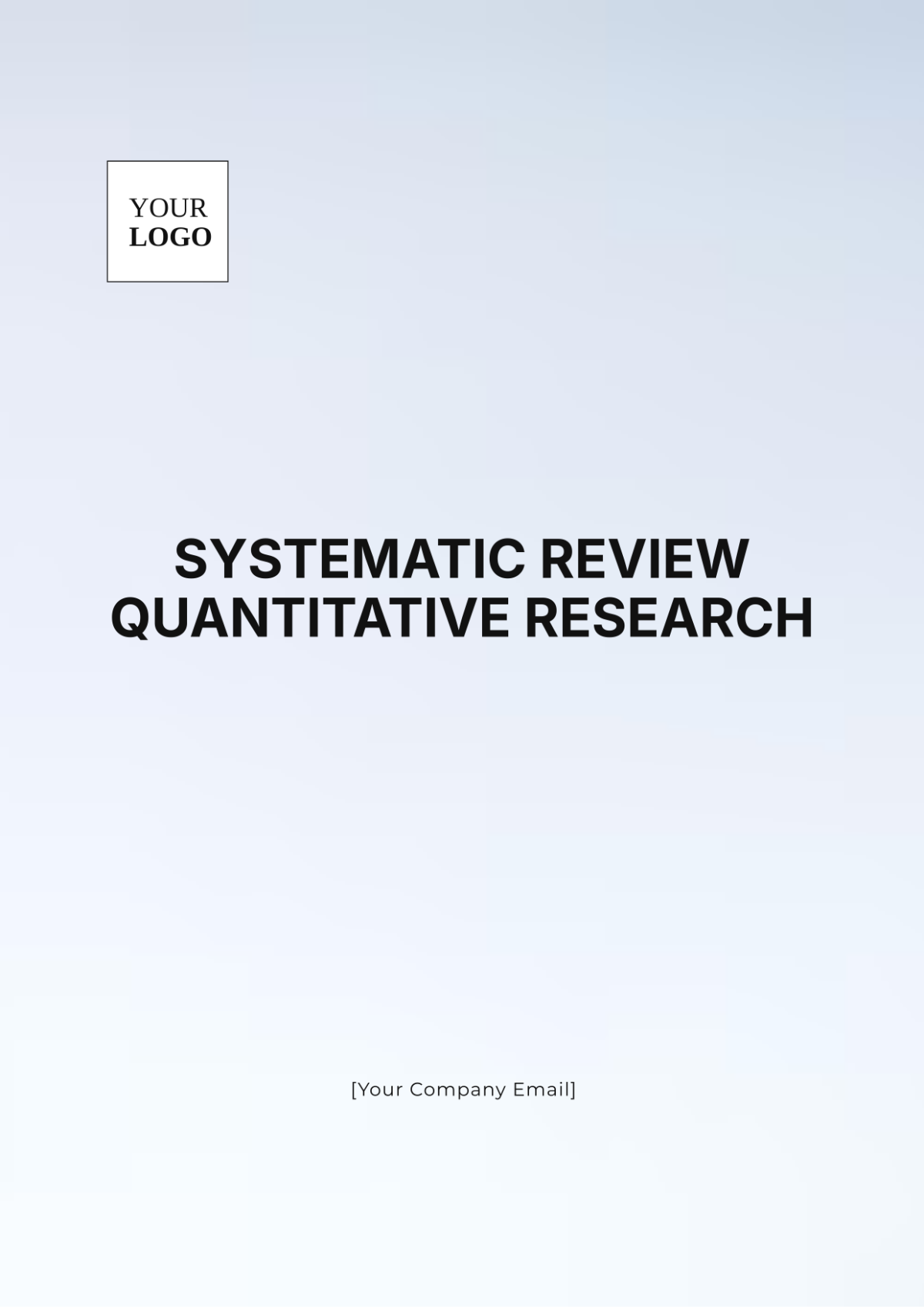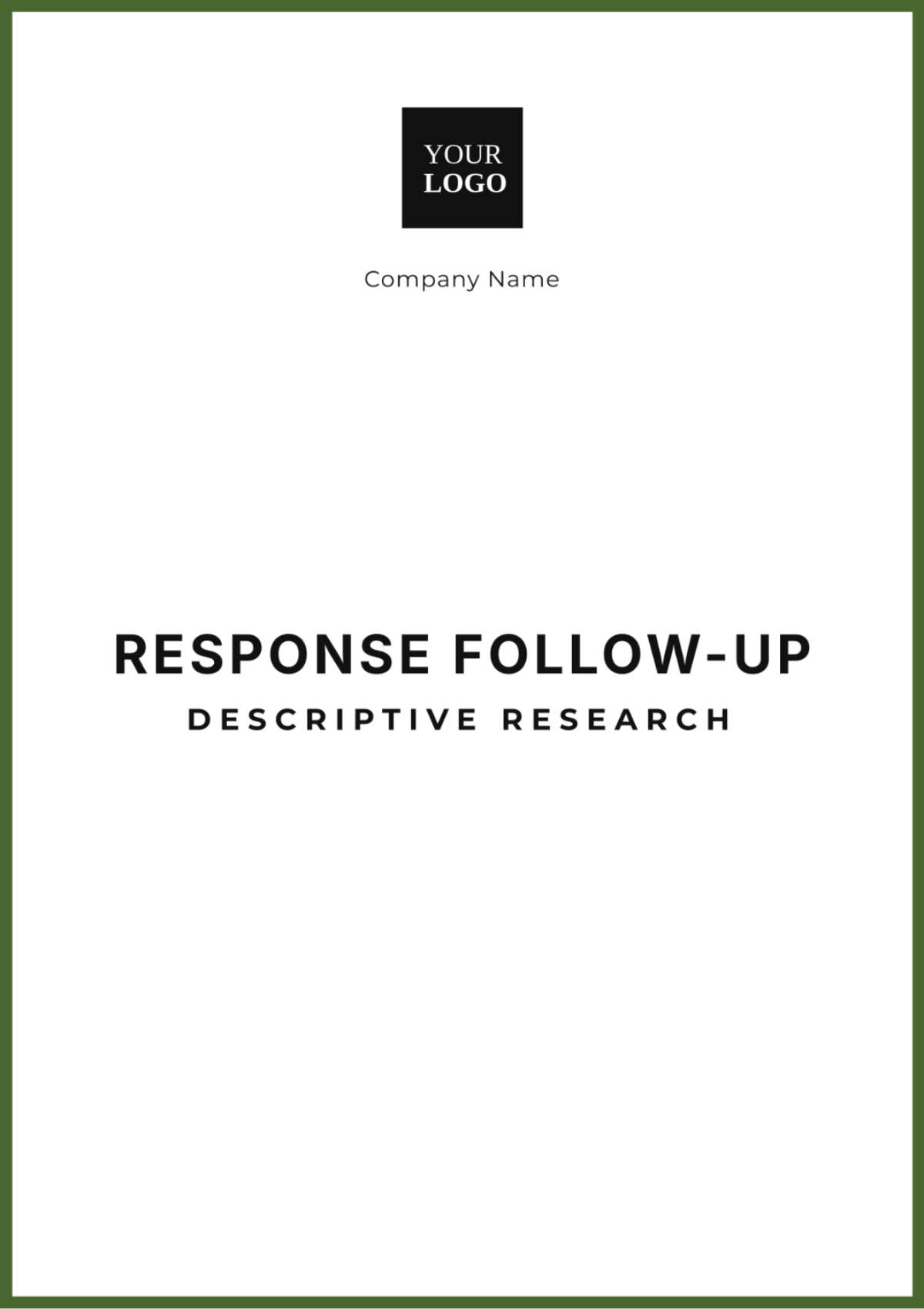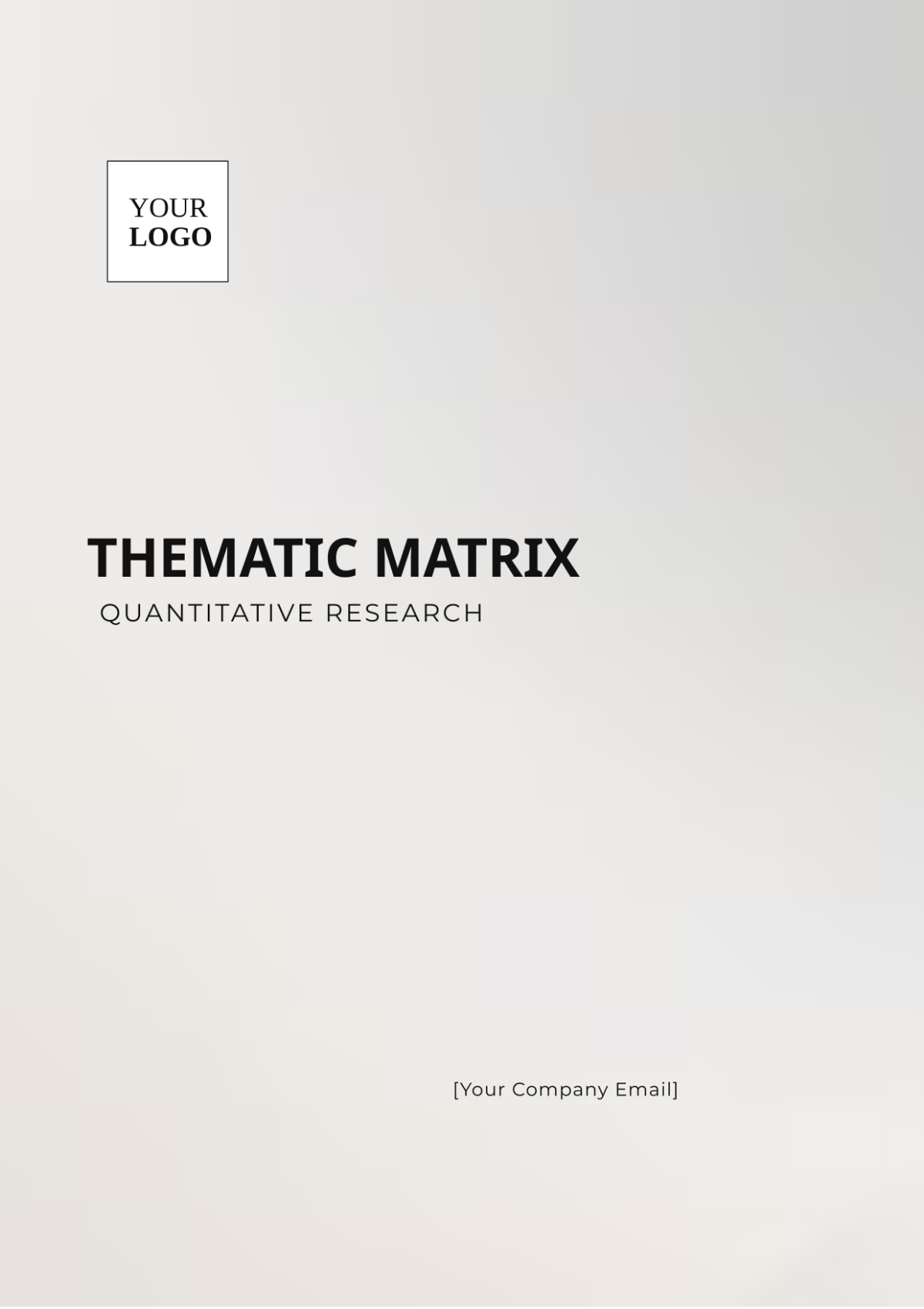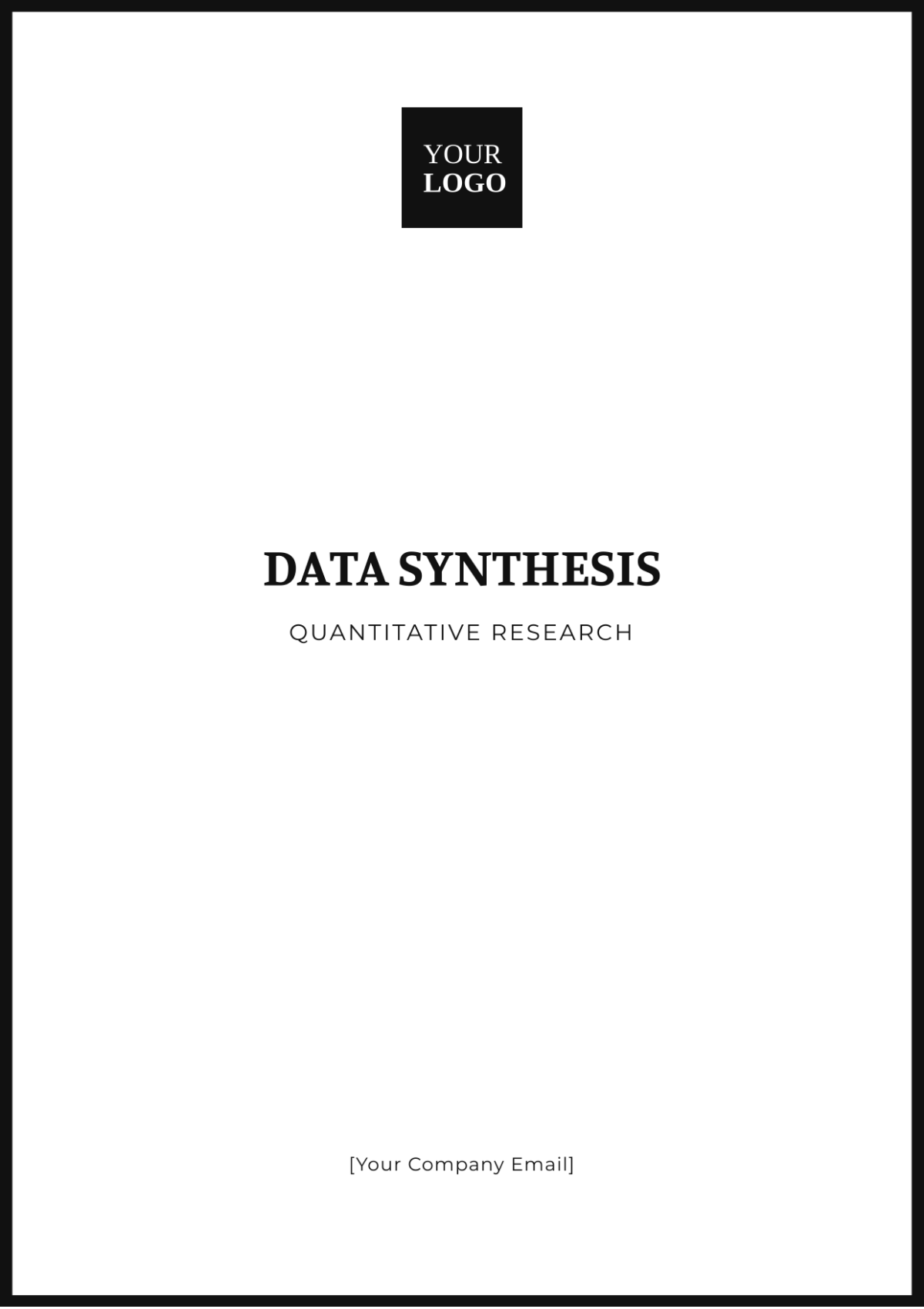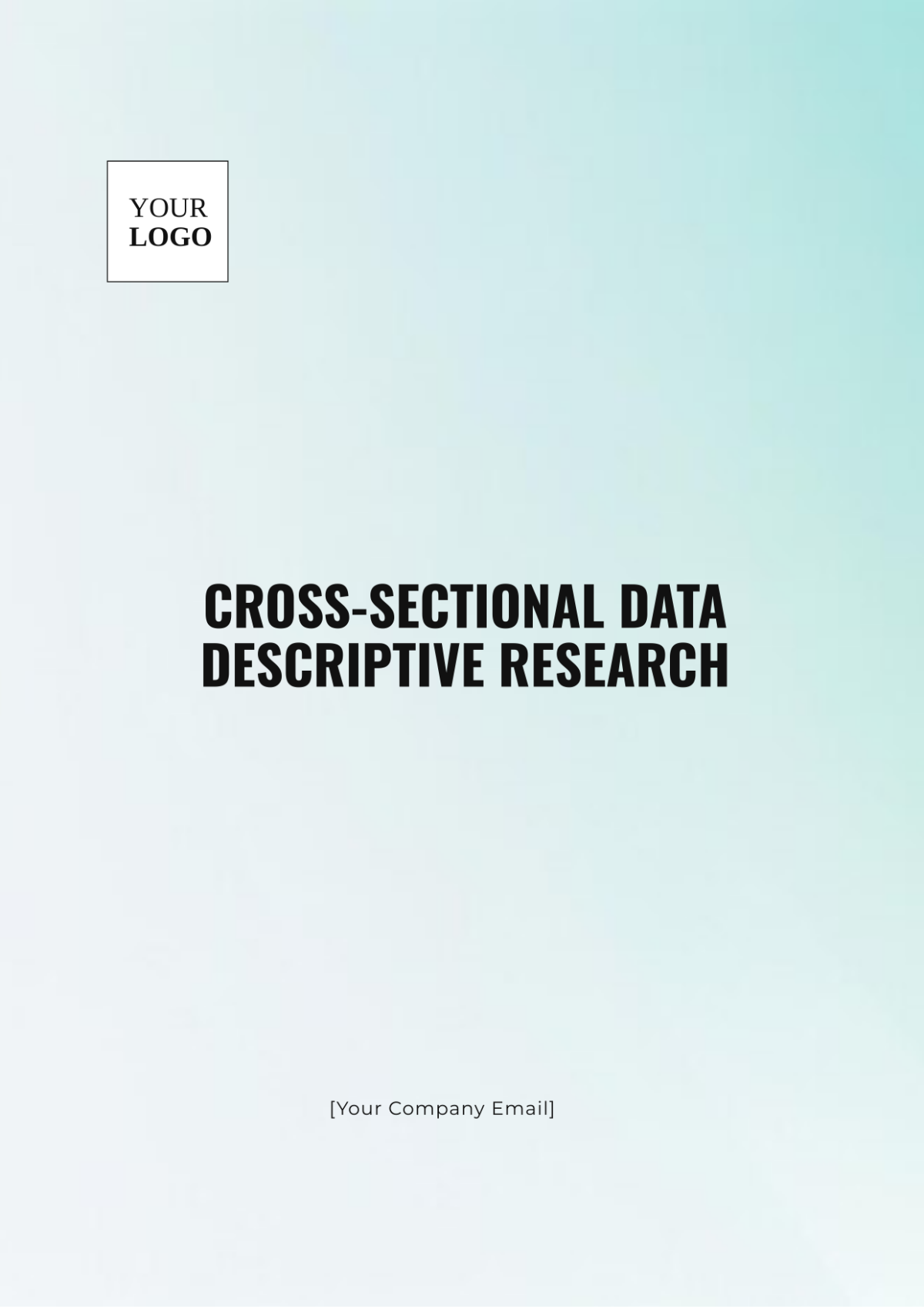Interview Process Quantitative Research
Quantitative research in the context of the interview process involves the collection and analysis of numerical data. By employing statistical methods, researchers can identify patterns, trends, and relationships within the data to offer objective and reliable insights into various aspects of the interview process. This type of research can provide valuable information for improving interview techniques, understanding candidate experiences, and enhancing overall hiring effectiveness.
I. Introduction
The interview process is a critical component of recruitment and selection. Quantitative research provides a structured approach to collecting data that can help organizations make informed decisions. By focusing on numerical data, this method minimizes biases and offers a clear understanding of different facets of the interview process.
II. Research Objectives
The primary objectives of quantitative research in the interview process include:
Evaluating the effectiveness of interview techniques
Assessing the fairness and consistency of interview questions
Understanding candidate satisfaction and engagement
Identifying any potential biases in the interview process
Improving the overall quality and outcomes of the interview process
III. Methodology
Quantitative research in the interview process typically involves the following steps:
Designing the Study: Identifying research questions, and hypotheses, and determining appropriate data collection methods.
Data Collection: Utilizing structured interviews, surveys, or questionnaires to gather numerical data from participants.
Data Analysis: Employing statistical techniques to analyze the collected data and identify patterns or trends.
Interpretation of Results: Concluding the data analysis and providing actionable insights.
IV. Data Collection Methods
Several methods can be used to collect quantitative data during the interview process:
Structured Interviews
Objective Questionnaires
Standardized Surveys
Predefined Rating Scales
V. Data Analysis Techniques
Data analysis in quantitative research often involves the following techniques:
Descriptive Statistics (mean, median, mode, standard deviation)
Inferential Statistics (t-tests, ANOVA, chi-square tests)
Correlation Analysis
Regression Analysis
Factor Analysis
VI. Results and Discussion
The results of quantitative research can provide several insights:
Identification of effective and ineffective interview questions
Analysis of Candidate Satisfaction Levels
Understanding potential biases in the interview process
Recommendations for enhancing the interview process
VII. Conclusion
Quantitative research offers a robust framework for evaluating the interview process. By systematically collecting and analyzing numerical data, organizations can make data-driven decisions that enhance the quality and fairness of their hiring practices. This approach ensures that improvements are based on objective insights rather than subjective opinions.
VIII. References
Doe, J. (2050). Quantitative Analysis in Recruitment: Best Practices and Techniques. International Journal of Human Resource Management, 31(2), 123-145. https://doi.org/10.1080/09585192.2019.1234567
Smith, A. (2050). Statistical Methods for Measuring Candidate Satisfaction. Journal of Applied Psychology, 104(3), 567-583. https://doi.org/10.1037/apl0000254


